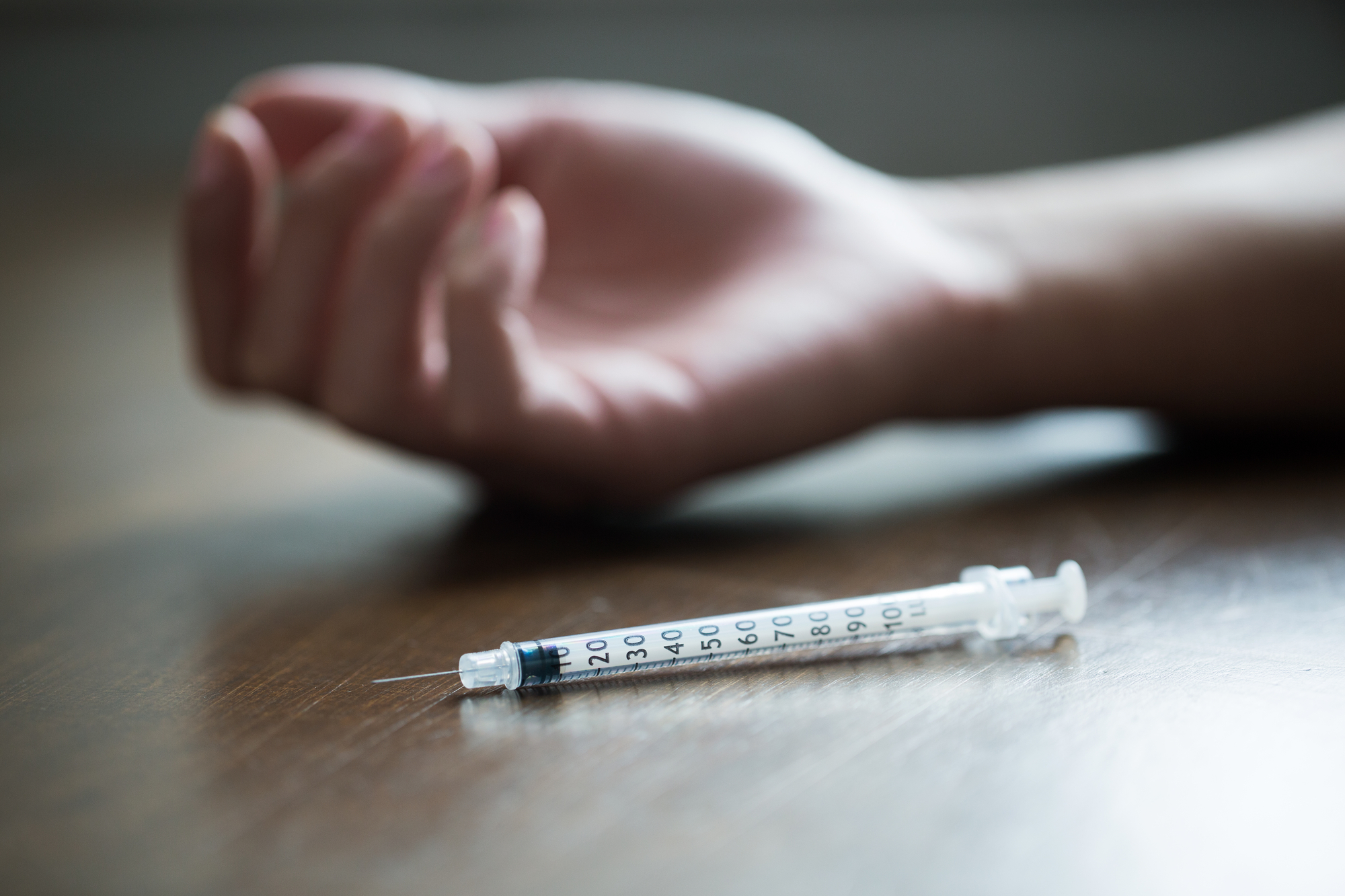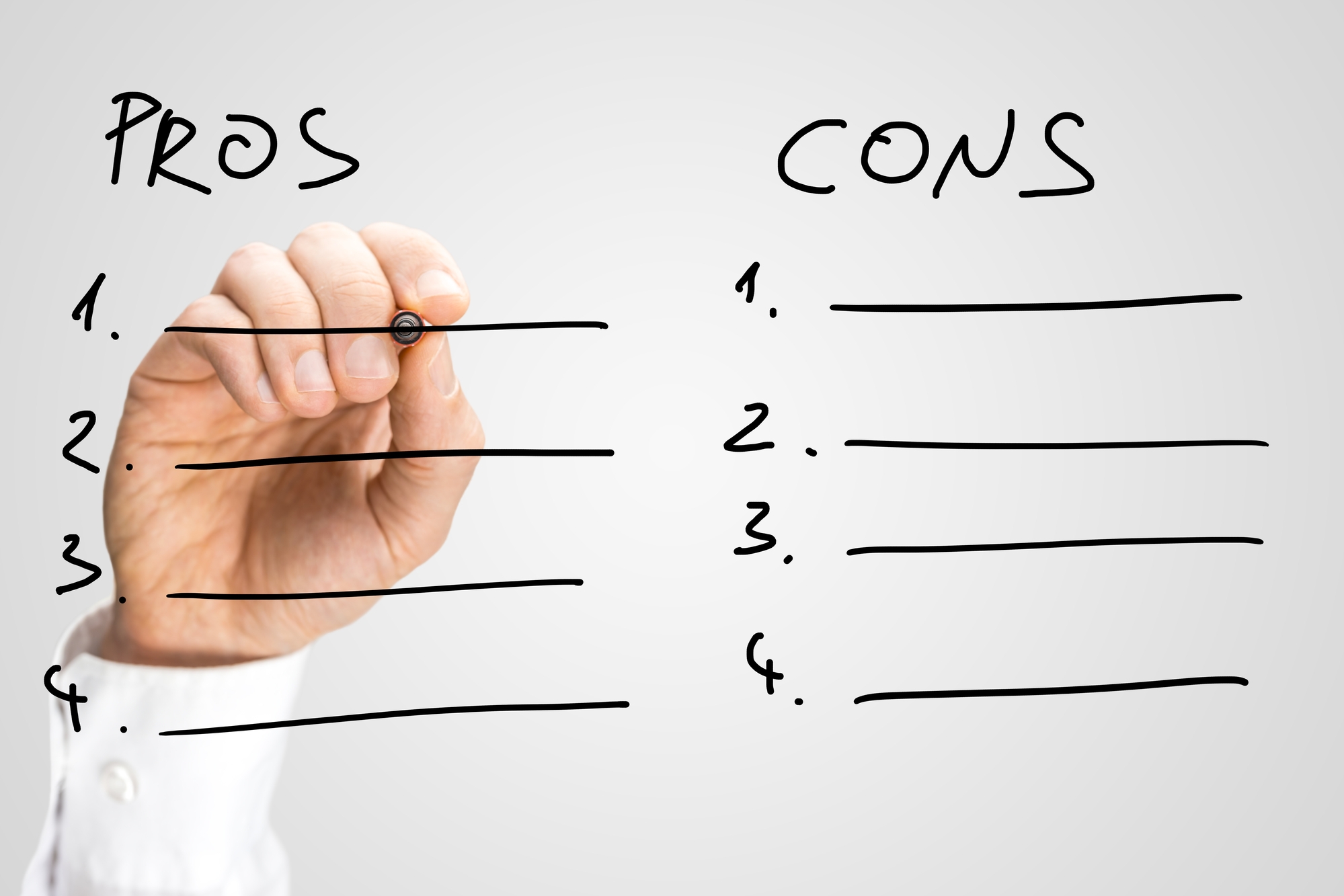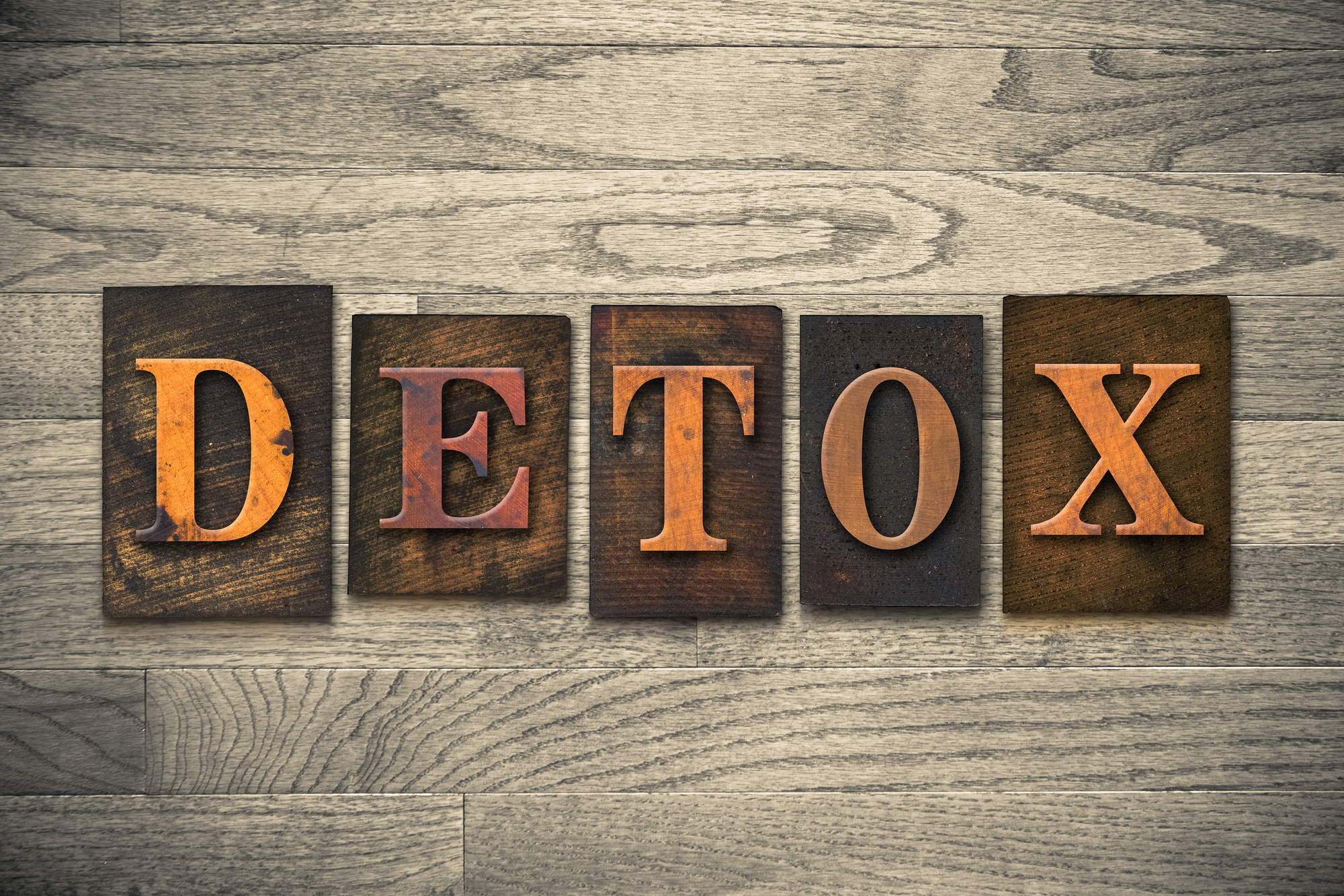How Long Is Drug Rehab?
When faced with the question of how long drug rehab for addiction is, it’s important to consider all the factors that play a part in determining its duration. We’ll look at common program lengths and why personalized treatment plans are crucial when making an informed decision on what kind of care you or your loved one needs. With this information, we hope to provide guidance to learn how long is drug rehab while helping you navigate through rehabilitation more easily.
Factors Influencing Rehab Duration
When considering how long is drug rehab, it is important to factor in elements such as addiction severity, any existing conditions and individual progress. The exact length needed for each person may be different due to these specific factors.
To get a better understanding on how they affect treatment durations, we must analyze them thoroughly. This includes looking into topics like drug addiction therapy and rehabilitation support specifically tailored towards individuals with various needs. Allowing time for proper healing from substance abuse is essential so that one can move forward without relapse or Issues related to their past addictions.
Severity of Addiction

When it comes to substance addiction, the degree of severity impacts how long recovery will take. Studies show that addicts with more extreme dependencies require a lengthier stay in treatment centers for successful rehabilitation. Inpatient drug rehab is usually recommended since intense addictions need an extensive approach which consists of creating support groups like therapeutic communities found at many facilities and finding job opportunities post-rehabilitation in order to sustain sobriety in the future. Considering factors such as amount consumed, frequency and duration are key indicators when determining whether or not extended time must be spent recovering from alcohol abuse or drug abuse issues.
Co-Occurring Disorders
Drug rehab, with a focus on treating both addiction and any related mental health issues such as substance use disorders or mental health conditions is key to successful recovery. A treatment program that takes co-occurring illnesses into account can add more time to the rehabilitation process due to its comprehensive nature which addresses physical and emotional wellbeing alike. The Mental Health Services Administration provides important resources in order for individuals struggling with drug abuse and concurrent disorders receive quality care tailored towards long lasting sobriety.
Individual Progress
The individual’s commitment to their recovery journey is essential in determining how long they need rehab. Addiction severity, adherence to the treatment plan and personal response to interventions all contribute toward making progress through drug rehabilitation treatments. Active involvement from individuals during their time in therapy is critical for them achieving better results and shortening their stay within rehab. By focusing on themselves as an individual progressing along a successful path of sobriety, it allows one to get more out of the given timeframe available with this form of help.
Common Rehab Program Lengths

When it comes to rehab programs, individuals can tailor their own treatment plan. Still, there are three general program lengths one should consider: 30-day, 60-day and 90-day plans which provide different advantages for the recovery process. Usually a longer time frame is linked with better outcomes than shorter courses of therapy. We will explore each length and see how they contribute specifically to healing from addiction or another mental health issue. When it comes to choosing the appropriate program length, it’s important to consider individual needs and the severity of the addiction or mental health issue. A longer program allows for more comprehensive treatment, addressing underlying issues and providing better tools for long-term recovery. Additionally, it’s important to take into account the recommended subacute rehab length of stay, as this can vary based on the specific needs of the individual.
30-Day Programs
Rehab programs that last 30 days are a great way to begin treatment for addiction. Many people set this as their desired goal in order to take care of any physical withdrawal symptoms, build an effective strategy against relapse and equip themselves with the tools necessary for sustained sobriety. Individuals can form an aftercare plan and create a support network within these four weeks, all key elements of such treatments. Insurance coverage is often available too, so it may be more readily accessible than other options depending on individual circumstances. On average, 30-days’ worth of drug and alcohol addiction therapy is enough time during which progress can already be made significantly. Should your problem require attention, longer program durations may prove more beneficial overall.
60-Day Programs
A 60-day treatment program is ideal for those looking to make a positive change and address underlying factors contributing to substance use disorders. Over the two month period, clients receive adequate support as they detoxify their body of all substances while engaging in necessary therapies that help them maintain sobriety long-term. The added time gives people an opportunity to focus on themselves emotionally and explore any experiences associated with addiction so they can better equip themselves with healthy habits for recovery success.
90-Day Programs
For those with severe addiction issues, a 90-day program has higher success rates and is thought of as the best approach to reclaiming control over one’s life. This extended period provides an opportunity for intensive analysis on addiction, along with counseling sessions that will teach new techniques required to live a sober life. With sufficient time becoming acclimated into sobriety patterns and learning how to dodge triggers become more achievable outcomes from this long term treatment option.
Although engaging in such an encompassing curriculum can cause strain when trying balancing personal commitments, it’s results outweigh any concerns regarding it being worthwhile or not – focusing instead on giving healing a priority while making strong progress towards inner growth during recovery efforts.
Inpatient vs. Outpatient Treatment

Outpatient and inpatient treatment approaches are designed to meet different needs, providing varying lengths of care with differing degrees of assistance. Knowing the distinctions between these two types of therapy can help you decide which one is best for your specific situation.
In this article we’ll explore both treatments more closely so that you may make an informed decision about what’s suitable for you or a loved one seeking recovery from substance use disorder (SUD).
Inpatient Treatment
Inpatient treatment is a residential program that offers intensive and supervised care for addiction to drugs or alcohol. Individiuals struggling with substance abuse issues can receive comprehensive care by staying at the rehab center in an environment specifically designed to focus solely on recovery without distractions from the outside world. People who have experienced relapse, require medication management and monitoring due to physical complications caused by substance use, lack support systems back home or just want more emphasis on their recovery may find this type of care particularly helpful. With outpatient programs, it provides additional structure which ensures individuals stay focused on reaching sobriety goals such as avoiding relapsing into addictive behaviors in the future.
Outpatient Treatment
Outpatient treatment provides an alternative option to inpatient care, offering therapy with more flexible scheduling options and a reduced cost. Those undergoing outpatient rehabilitation have the responsibility of adhering to program guidelines for greater success while still being able manage their daily lives due to its flexibility. Depending on the individual’s specific needs, treatments can range from three months up until one year or longer if necessary.
The key benefit of this type of rehab is that it allows people who are unable fulfill work obligations, tend family duties and stay caught-up with schooling at same time as receiving medical assistance without having pause any activities temporarily which may not be possible with residential programs like inpatient treatment plans. Because outpatient services don’t offer continual supervision typical within an institution such as ones present in inpatient settings, there has to commitment towards recovery beyond what would usually be required since these two methods vary significantly when comparing them regarding availability to resources.
The Role of Detox in Rehab

Detoxification is a powerful procedure to remove substances such as drugs and alcohol from the body. This serves as an essential first step in any rehab plan, offering protection against life-threatening withdrawal complications and preparing patients for subsequent stages of recovery. The length it takes can vary by individual but with effort this part of treatment may take several days to well over a week. Remember that detox itself isn’t enough. Ongoing care must be sought if lasting success is desired, fighting cravings so relapse doesn’t occur.
Aftercare and Ongoing Support

To remain sober after rehab, it is important to have ongoing assistance and access to care such as taking part in a sober living environment or joining support groups. These components provide needed structure and motivation so that you can stay on track with your recovery journey while achieving long-term sobriety over the course of maintaining abstinence from substances.
Sober Living Environments
Sober living environments are an essential part of the recovery process for people recovering from substance use disorders who need additional support beyond rehab. These residential facilities provide a secure and safe atmosphere in which individuals can focus on their sober jouney while being supported by fellow community members. Participants must abstain from drug and alcohol consumption, attend 12-step meetings, maintain employment as well as follow curfew regulations, all working together towards establishing a solid foundation that will lead them closer to leading healthy lives free of dependency issues.
Support Groups
Support groups create a community of people who have gone through similar experiences, promoting accountability and offering motivation in the recovery process. Through connecting with others facing common struggles, individuals find solace, sympathy and support during their sober journey.
These groups are available in different varieties including 12-step programs such as Alcoholics Anonymous or Narcotics Anonymous which promote admitting powerlessness over addiction and helping others, faith based approaches that emphasize religious beliefs throughout healing, plus online communities where sharing is possible virtually as well. All these resources provide assistance for those searching for help while they strive towards long term sobriety.
Being part of this kind of group is an important aspect on post care because it provides constant encouragement as well as oversight ensuring success when aiming at achieving sustained abstinence from substance misuse.
Tailoring Rehab to Individual Needs
Creating a treatment plan tailored to individual needs can be very beneficial in helping someone on the path of recovery. Mental health, physical conditions and family dynamics all need to be taken into account when designing this personal approach. Having a personalized rehab program that caters to an individual’s specific requirements helps generate confidence and enthusiasm for their own journey of sobriety, strengthening their ability overcome addiction while working towards long-term drug abstinence successively with support from other resources available.
Insurance Coverage and Rehab Duration

Insurance policies can have an influence on the length of time spent in drug rehab. Plans that cover treatment for both mental health and substance use matters may offer a broader range of recovery services, allowing users to stay in care longer than other plans might allow. Conversely, some insurance companies only approve short-term programs, meaning it could limit the duration one has access to these resources.
Before beginning any sort of rehab journey, make sure you thoroughly examine your coverage details so as not to exceed any financial limits placed by insurers and plan accordingly or contact a rehab center you’re considering for treatment to have them verify your benefits.
The Importance of Commitment to Recovery
For long-term sobriety, the most essential aspect of a successful rehab experience is committing to recovery. By prioritizing healing and personal growth over treatment duration, individuals can ensure they have achieved their best possible outcomes for staying sober in the future. Creating attainable goals while maintaining strong support networks through counseling and support groups are all important elements to helping one stay dedicated on this journey towards recovering from addiction. Adhering with these measures will be key when making strides during your time in rehab regardless of how short or long it may be.”
Summary
The timeframe for drug rehab can range greatly depending on factors like how severe an addiction is, the presence of other conditions that may be occurring at once, and progress made by each individual. Common program lengths include 30-day, 60-day and 90- day programs offering both outpatient treatment choices to suit different preferences as well as inpatient care. Detoxification protocols are a part of this process too along with post care services. When someone’s needs are taken into consideration during their recovery plan it assures effectiveness from said treatment plans so they have the best chance possible of achieving sobriety long term while aiming to lead a healthier life without drugs or alcohol being involved. Outpatient drug rehab allows individuals to receive treatment while still living at home and attending work or school. This type of program offers flexibility and can be effective for those with less severe addictions or who have already completed an inpatient program. It typically includes therapy sessions, group meetings, and medical check-ins to monitor progress and address any obstacles to recovery. What is outpatient drug rehab allows individuals to maintain their daily routines while still receiving the support and resources needed to overcome addiction.
Frequently Asked Questions
How long is drug rehab?
Long-term recovery involves staying sober for an extended period of time and is a unique experience to each individual. Treatment programs can assist in this journey, There is no definitive timeline when it comes to the process of maintaining sobriety through long term recovery.
What is the rehab process like?
The process of rehabilitation includes a variety of elements, such as medical supervision and programming that focuses on tackling drug-seeking behaviors while also creating strategies for dealing with potential relapses. Group therapy is an important part of this comprehensive approach to recovery where individuals will continue to be supported through the provisioning of aftercare services which offer long term help in their rehab journey.
How do the severity of addiction and the presence of co-occurring disorders impact rehab duration?
Addressing mental health and addiction problems can be paramount in obtaining successful recovery. The extent of the addiction, as well as any concomitant disorders, may extend the necessary length of rehabilitation to ensure full recuperation. All pertinent details must be taken into account for rehab to reach its ultimate goal.
What are the main differences between inpatient and outpatient treatment?
For those facing more intense addiction issues, inpatient treatment can provide 24/7 assistance and an organized living environment. This type of program typically offers shorter duration than outpatient therapy but provides round-the-clock support for the patient. Outpatient care is better suited to individuals who need ongoing help while allowing them to stay connected with their life responsibilities outside of the therapeutic setting. Both forms of rehab are effective options depending on individual needs and preferences, offering comprehensive solutions that target recovery from substance use disorder
What is the role of detox in rehab?
The cleansing of drugs or alcohol from the body is a major part in rehab that helps to create an environment for long term recovery and sobriety. Detoxing plays an important role by providing a solid groundwork towards successful sustained abstinence from substances.
If you’re looking for addiction treatment or mental health providers that offer outpatient and/or inpatient treatment options, look no further than It’s Time For Rehab to help you find one the best rehab centers suited to match your needs and desires in a treatment solution.


